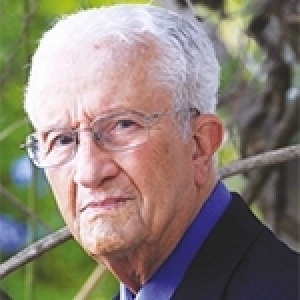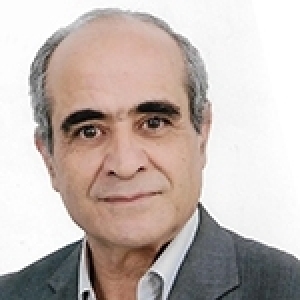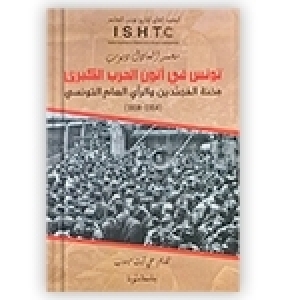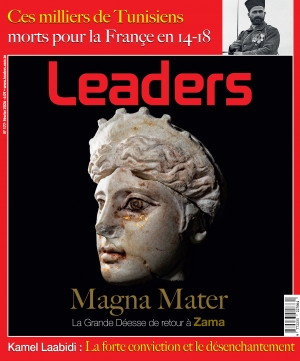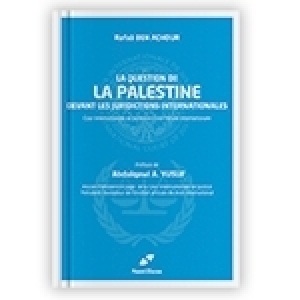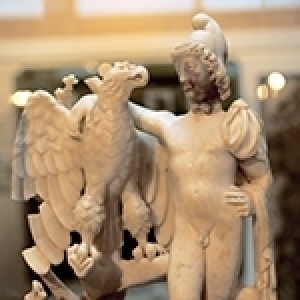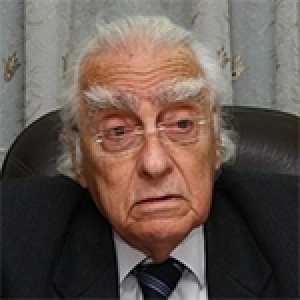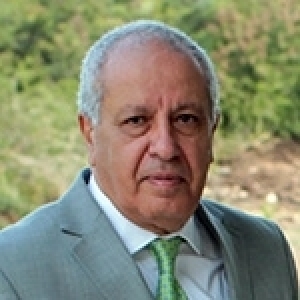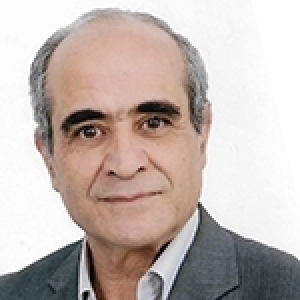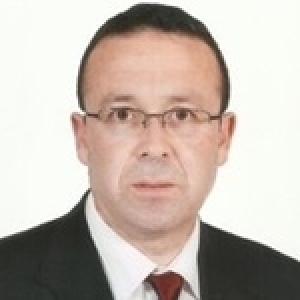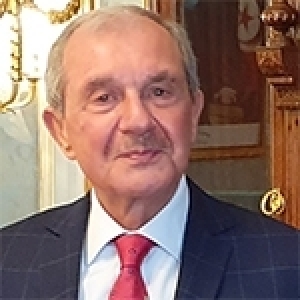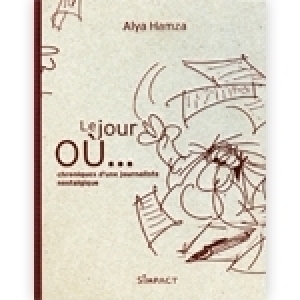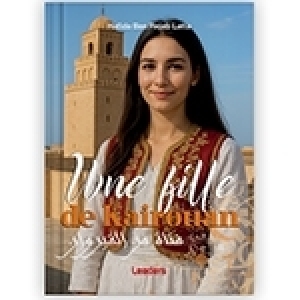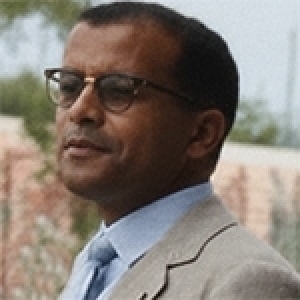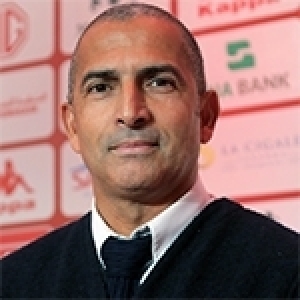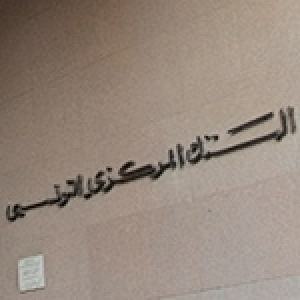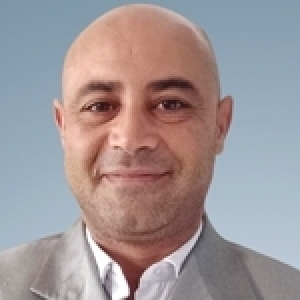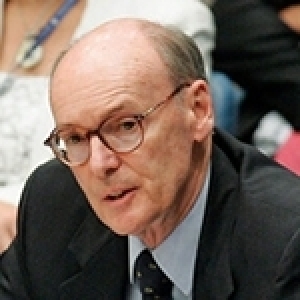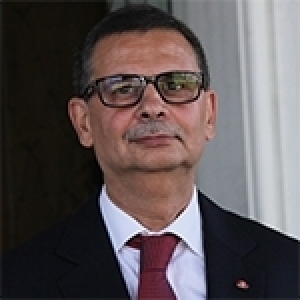Evoquant le grand espoir démocratique né du verdict des urnes, Béji Caïd Essebsi s’est déclaré particulièrement impressionné par les félicitations qu’il avait reçues le mois dernier du leader d’Ennahdha, Rached Ghannouchi pour saluer la victoire de Nidaa Tounes aux législatives. « J‘ai sincèrement apprécié ce geste et j’envisage de travailler avec lui pour surmonter les difficultés qui s’exercent sur le pays et jeter les bases pour notre nation d’une démocratie solide. »
«J'espère, poursuit le nouveau président que les Islamistes tunisiens continue dans cette même voie. S’ils optent pour constituer une composante normale du fonctionnement du paysage politique, la Tunisie prouvera au monde, après tout qu’un pays arabe et musulman est capable d'être une démocratie complète. »
Opinions
Béji Caïd Essebsi: My three goals as Tunisia’s president
Tunisia’s extraordinary political experience since the Arab Spring stands as a testimony to the openness, tolerance and moderation that Tunisians owe to their 3,000-year history as a Mediterranean state crisscrossed by invaders, traders and missionaries of all kinds.
It was trade and exchange with Europe — in particular, with France and Italy, Tunisia’s closest Mediterranean neighbors — that opened the country to the Enlightenment. Sadiki College, established in the 19th century, provided a strong bilingual education for the country’s elite: the modern sciences were taught in French, Arab history and Islamic heritage in Arabic. The leaders who built the postcolonial state after securing Tunisia’s independence from France in 1956 were largely Sadiki alumni.
Those founders brought to their task a commitment to anchor the young republic in modernity. They instituted universal education, gender equality and separation of religion and state, and they promoted a strong work ethic in a country that lacked the oil wealth of other countries in the region — which has proved a blessing in disguise.
Thus, when revolution swept the Arab world in 2010 and 2011, the vision of our founders paid off. The protesters who ended both Zine el-Abidine Ben Ali’s corrupt dictatorial reign and now the Ennahda party’s recent Islamist regime are the educated sons and daughters of the large, secular middle class that was built over decades by the independence generation.
The constitution agreed to by both Ennahda and the secular camp after the Tunisian Revolution followed the example of the one adopted in 1959 under the leadership of President Habib Bourguiba, the father of Tunisian independence. Both constitutions are devoid of ideological intent and state that the country’s religion is Islam while affirming the civil character of the state.
In 2012, I formed a new political party — Nidaa Tounes (the Call of Tunisia) — to challenge Ennahda following the Islamists’ victory in the first post-revolution elections. Thanks to Bourguiba’s modernist legacy, which helped us mobilize the large, educated middle class, and particularly women, to vote for our candidates, Nidaa Tounes met with success in the Oct. 23 legislative elections and again in the Dec. 21 presidential elections.
Winning democratic elections is, however, only a means to an end.
For Nidaa Tounes, and for me as Tunisia’s new president, our goal has three interconnected parts: We must solve the daunting economic and social problems that began in the Ben Ali era and were aggravated by three years of incompetent Islamist administration. We must establish security in a country surrounded by insecurity. And we must strengthen our young democracy at a time when hopes for democracy elsewhere in the region are failing to take root.
On the economic front, we face high youth unemployment, a struggling middle class and unacceptable disparity in regional development, which divides the country into coastal “haves” and interior “have-nots.” These challenges are exacerbated by the persistent economic slump in Europe, which is Tunisia’s principal trade partner. We must invest in youth employment, particularly through training for new jobs in the digital economy and service sector. We must also integrate the regions of the interior by upgrading their transportation systems, improving health care and creating jobs in solar energy and agricultural industries suited for these arid lands.
Security concerns add to these challenges and affect both foreign and national investment. Despite a robust tradition, our tourism suffers — as does our enchanting environment for lack of means to protect it.
We must also confront the fact that poverty is producing terrorism, a new phenomenon for Tunisia. The scourge of terrorism should have been addressed more decisively by Ennahda. Instead, the Islamist government allowed in radical foreign preachers who lured thousands of vulnerable young people to join al-Qaeda and the Islamic State in Syria and Iraq. The same extremist ideology motivates others to take up arms — made readily available by the turmoil in nearby Libya — against their fellow Tunisians.
To fight extremism, we will need to pursue a two-pronged strategy: both “hard,” through stricter control of our borders and a more robust and technologically advanced security response, and “soft,” based on better intelligence-gathering, working to return our mosques to their spiritual function and barring entry to foreign preachers.
Despite all these challenges, the Tunisian people have hope: Our recent elections were some of the most impressive democratic achievements in recent times. Peacefully, fairly and with full transparency, Tunisians voted for accountability. Voters punished the Islamists for their failures of governance and offered secular democrats a chance to solve the country’s problems.
Particularly impressive to me — as a marker of our culture of democracy — is that the leader of Ennahda, Rachid Ghannouchi, called last month to congratulate me for Nidaa Tounes’s victory in the legislative elections. I truly appreciated his gesture and look forward to working with him and all Tunisians to overcome our difficulties and establish our nation as a solid democracy.
We hope that Tunisia’s Islamists will continue on this path. If they opt to be a normal part of a functioning political landscape, Tunisia will prove to the world that, after all, an Arab Muslim country can indeed be a full democracy.
Read more about this topic:
Rachid Ghannouchi: Tunisia shows there is no contradiction between democracy and Islam
The Post’s View: The Islamic State’s appeal







